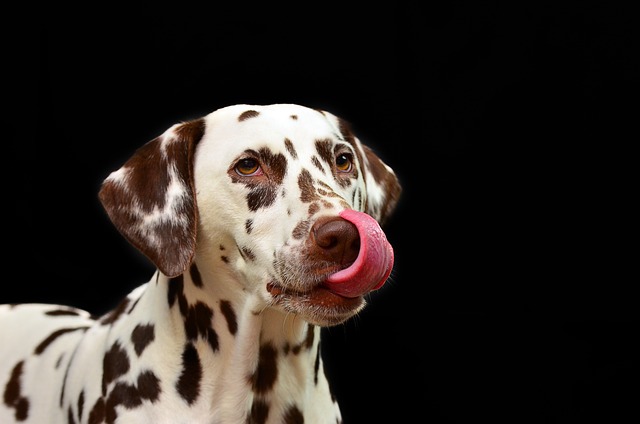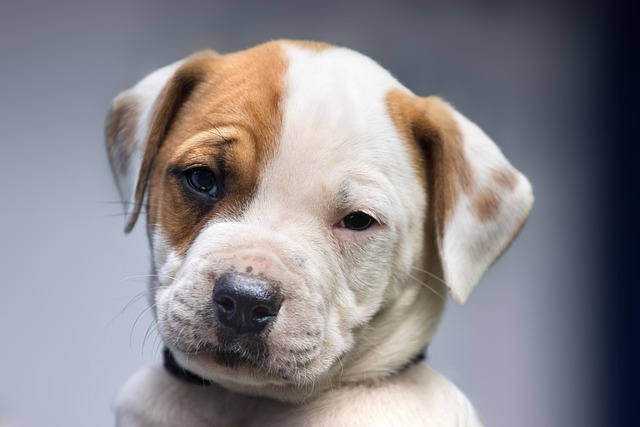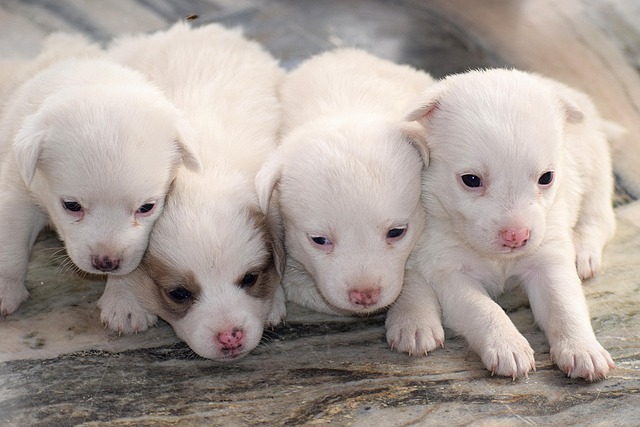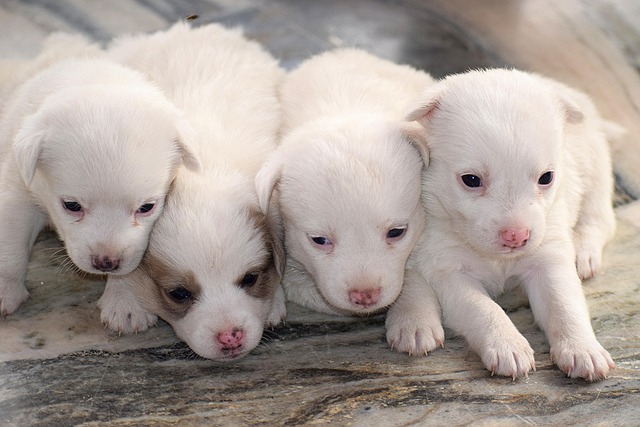
can dental chews make dogs sick
You’ve just unwrapped a dental chew for your Labrador, Max, after his walk in Central Park. As he happily gnaws away, you wonder
That satisfying crunch as your Labradoor gnaws his rubber bone seems healthy, but the dental benefits depend entirely on what and how they chew. While proper dental chews can scrub away plaque like a natural toothbrush, the wrong choices risk cracked teeth or intestinal blockages.
Vets warn that ultra-hard materials like antlers or nylon bones often cause slab fractures (picture a $2,000 molar repair), especially for powerful chewers. The sweet spot? Flexible, textured toys that give slightly under pressure – Veterinary Oral Health Council (VOHC)-approved options like Kong Dental Sticks or dental-specific treats. Press your thumbnail into any chew: if it doesn’t indent, it’s too hard.Beyond selection, safety hinges on supervision and technique. Always introduce new chews calmly using positive reinforcement – never force it into their mouth. For apartment dwellers, avoid noisy hollow toys that echo through thin walls (solid rubber is neighbor-friendly). Rotate toys weekly to prevent boredom chewing on your sofa legs.

If your dog guards chews, trade for chicken instead of confrontational grabs, which can trigger resource guarding. Remember: even during chew time, rabies tags must stay on their collar – a legal safeguard if they dart out your door during delivery.When those chews head outdoors, compliance kicks in. Always carry EPA-rated biodegradable bags – not just for poop, but to collect rubber fragments in parks. Letting Fido carry toys off-leash violates ordinances and risks fights with other dogs.
For seniors or puppies, adapt carefully: worn teeth need silicone brushes, while teething pups benefit from frozen washcloths (never xylitol gels). Blood on toys or foul breath signals periodontal disease – schedule a vet cleaning immediately. Ultimately, smart chew choices paired with brushing create healthier teeth while satisfying natural urges. That contented gnawing isn’t just calming your dog; it’s protecting your wallet and apartment security deposit.

You’ve just unwrapped a dental chew for your Labrador, Max, after his walk in Central Park. As he happily gnaws away, you wonder

Cleaning your dog’s skin folds isn’t just about keeping them looking their best—it’s a crucial part of preventing infections and discomfort.

You’re snuggling with your pup on the couch when they let out a yawn—and the smell hits you. Dental issues in dogs are all too common, and that’s when you might start wondering

Picture your golden retriever, Buddy, panting on your Austin patio during a heatwave. You slice open a chilled watermelon – crunch – and those pleading eyes lock onto the juicy red flesh.

Imagine your Alaskan pup, Koda, watching you slice a sun-ripened mango on your Florida patio—those soulful eyes begging for a taste. Before you surrender to the pressure,

Watching your tiny furball grow is magical, but teething? That’s when those sharp puppy teeth turn your shoes, couch cushions, and even your hands into chew targets. It’s not mischief—their gums itch, and chewing provides sweet relief.